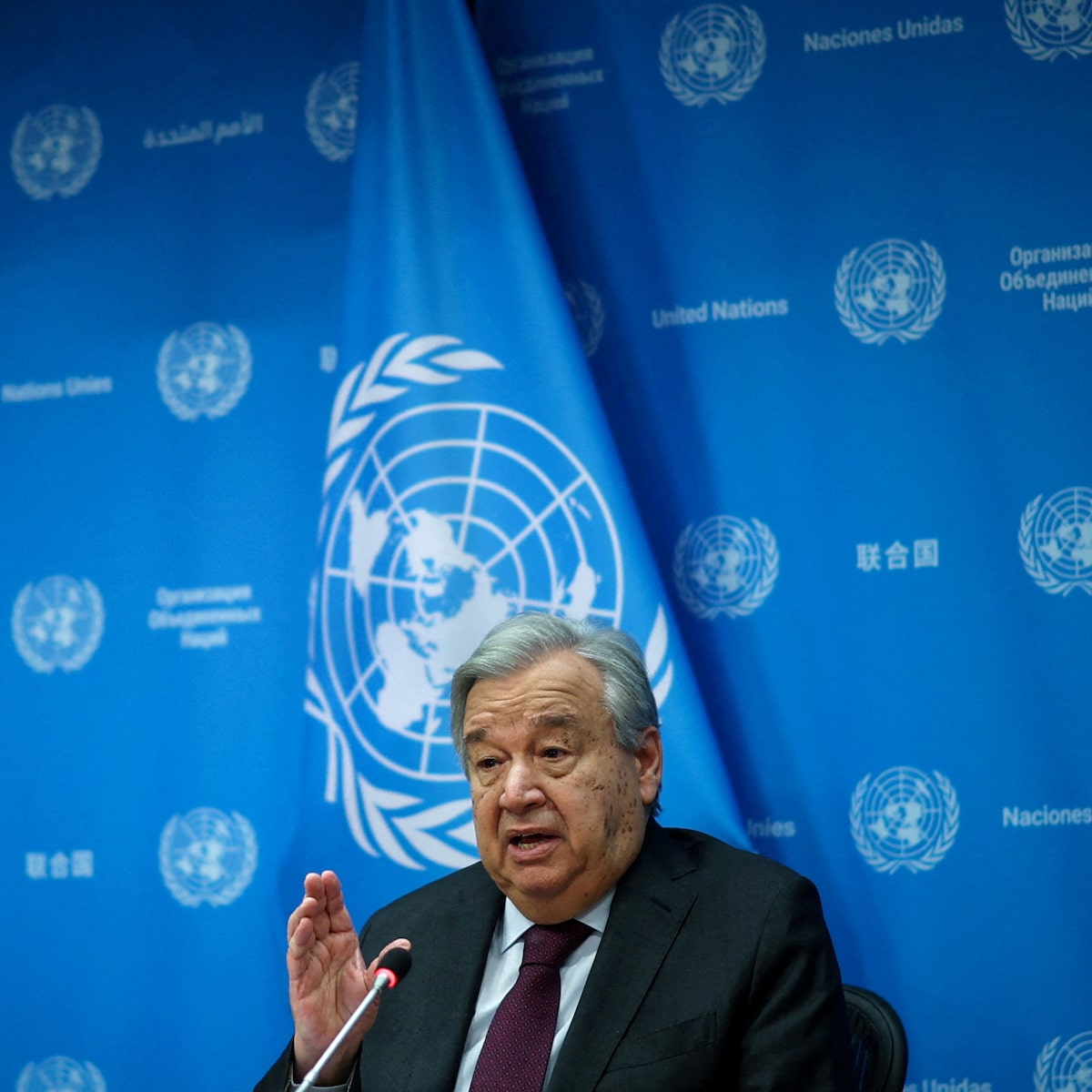
The United Nations Commission of Inquiry on Syria confirmed that much of the evidence documenting crimes committed under former dictator Bashar al-Assad remains intact, despite deliberate attempts to destroy it. Following the fall of Assad’s regime on December 8, 2024, UN investigators entered Syria for the first time since their inquiry began in 2011, shifting their probe from remote monitoring to on-the-ground evidence collection.
Hanny Megally, a member of the commission, stated that while some documents and materials were destroyed — particularly in detention centers where evidence was deliberately burned — Syria remains “rich in evidence,” making accountability achievable. The infamous Saydnaya prison, long associated with extrajudicial executions and torture, was found to be nearly devoid of official records, though Megally suggested that duplicate copies may exist elsewhere.
Robert Petit, head of the UN’s International, Impartial, and Independent Mechanism (IIIM), emphasized that the government in Damascus is committed to preserving evidence, actively gathering documents from individuals and institutions to ensure they can be used in both national and international trials. Civil society organizations have also stressed the importance of holding the former regime accountable.
Call for Sanctions Relief
While emphasizing the need for justice, Megally also called for a partial lifting of sanctions on Syria, arguing that they hinder the country’s reconstruction. Speaking alongside fellow commission member Lynn Welchman at the UN office in Geneva, he urged immediate action to remove restrictions on humanitarian aid, while maintaining pressure for accountability.
“We need to rebuild the country and lift some of these sanctions,” Megally said, stressing the need for international support to help Syria move forward. Welchman echoed these sentiments, noting that the new Syrian administration is working to preserve evidence and engage constructively with international bodies. She underscored that ensuring justice must remain a priority to prevent future violations.
UN Urges Israeli Withdrawal from Syrian Territory
Separately, Jean-Pierre Lacroix, the UN Under-Secretary-General for Peace Operations, denounced Israel’s continued military presence in Syria, calling it a “clear violation” of international agreements. Following a recent visit to the region, Lacroix emphasized that Israel’s occupation of Syrian land, particularly in the buffer zone established by the 1974 ceasefire agreement, is illegal and poses a significant obstacle to UN peacekeeping efforts.
“The sooner this military presence ends, the better,” Lacroix stated, urging Israel to withdraw as soon as possible. Despite Israeli officials describing their occupation as “temporary,” the UN continues to push for compliance with international law.
Guterres: Syria’s Transition on the “Right Track”
UN Secretary-General Antonio Guterres affirmed that Syria’s new administration is progressing, though some concerns remain. While the UN does not officially recognize governments, Guterres highlighted the importance of a comprehensive transitional process, including national reconciliation and institution-building.
The recent appointment of President Ahmad al-Sharaa marks a critical phase in Syria’s transition. The government has dissolved remnants of the former regime’s security apparatus, outlawed the Baath Party, and committed to forming a legislative council to oversee governance until a permanent constitution is adopted. As Syria moves forward, the UN continues to monitor the situation closely, balancing the need for humanitarian assistance, justice for past crimes, and long-term stability in the region.








